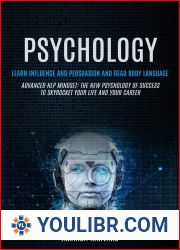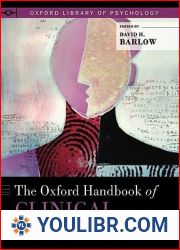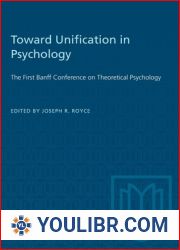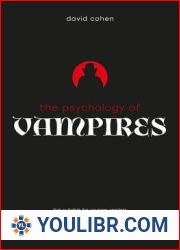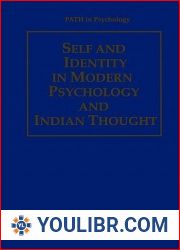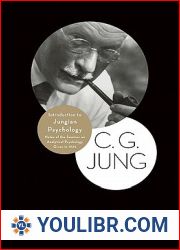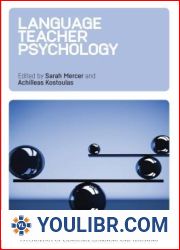
BOOKS - CULTURE AND ARTS - Musical Prodigies Interpretations from Psychology, Educati...


US $5.90

207541

207541
Musical Prodigies Interpretations from Psychology, Education, Musicology, and Ethnomusicology
Author: Gary E. McPherson
Year: 2016
Format: PDF
File size: 17 MB
Language: ENG
Year: 2016
Format: PDF
File size: 17 MB
Language: ENG
Child prodigies have been observed in a range of disciplines - particularly music, mathematics, chess, and art. The question of what makes a prodigy has long been controversial. Some have dismissed the notion of giftedness, arguing that most famous prodigies had strong parental, cultural, and environmental influences that helped them develop their extraordinary abilities. One recent theory suggested that anyone could achieve outstanding success in whatever endeavour they wanted with a minimum of 10,000 hours of practice. Nevertheless, many studies of prodigies have suggested that there might be strong underlying cognitive differences, regarding their use of short-term versus long-term memory, spatial memory, imagery, and language. Whatever the arguments - for those interested in child development - prodigies remain a fascinating subject of study when considering questions about creativity, intelligence, development, and the impact of nature versus nurture.






















